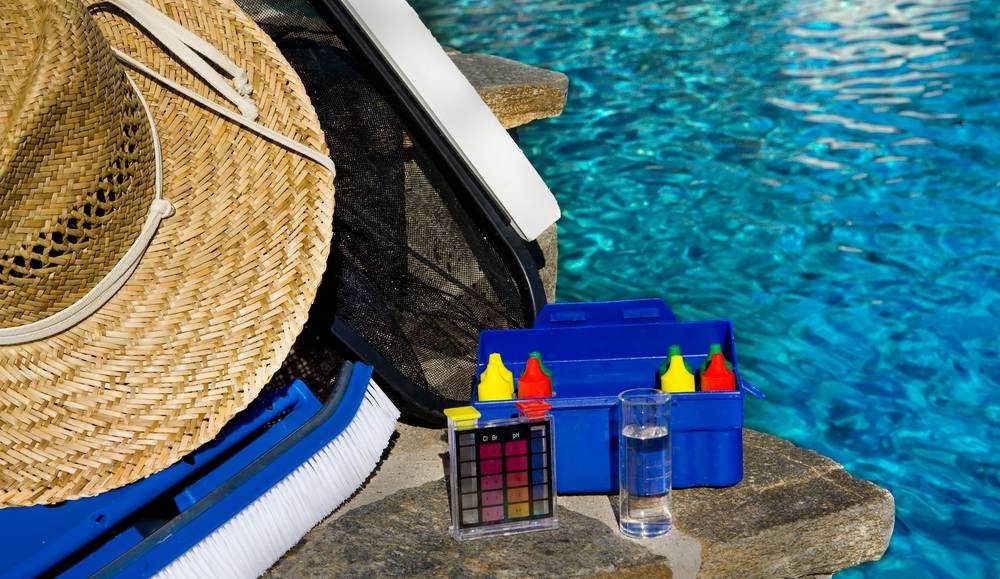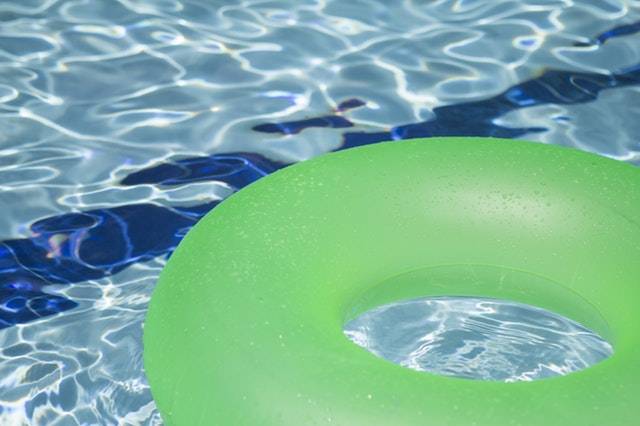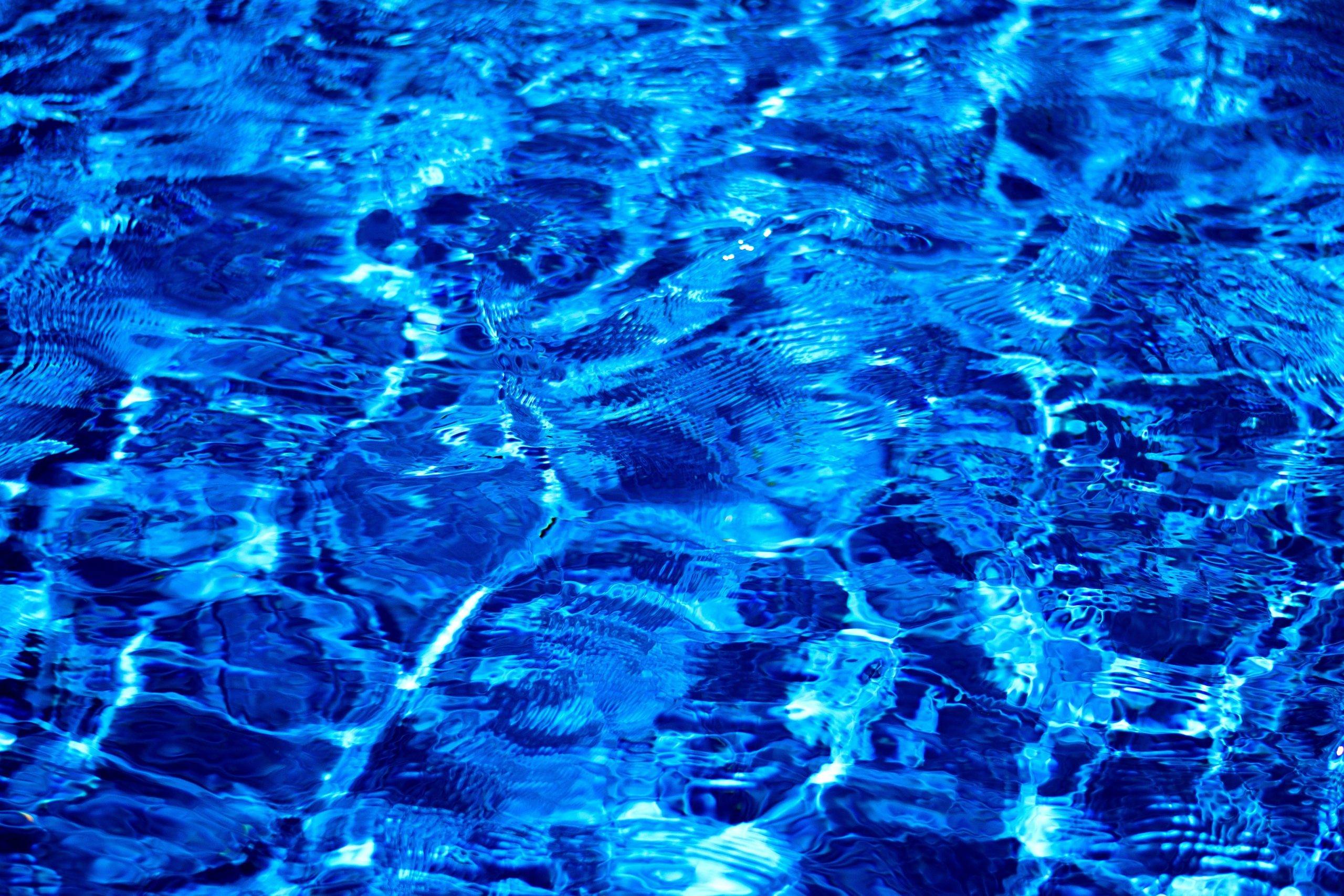If it’s a seal leak then the pump is the problem no?
If the pump seal is leaking then water from the pump side could leak into the motor side, which could cause the motor to rust. But that rusty/damp moisture would not work it's way back into the pump side. And certainly not enough of it to cause the amount (any amount) of staining you're seeing in the pool.
Using a steel brush on a pool finish is the absolute last resort, and even then not particularly advised. Removing the rust can be done in other ways (like by applying Vitamin C, if it is in fact rust), without impacting the finish like an aggressive abrasive would. You should first see if it is even rust (with the Vitamin C), and lay off on the steel brushing.
Seems to me the heater is the prime suspect, but first things first. Test the stains to first determine if they're actually rust.
An update post of chemical test readings from a TF-100 or Taylor K-2006c can help.
Here Pat is encouraging you to purchase one of the only two pool water test kits we recommend. Once it arrives, you would do a full suite of tests with the kit, and post the results here. It's not hard to do. From those results the TFP experts can help you plan your next move. Even if you have a "reputable" pool guy, and don't have the time to manage the pool yourself right now, the kit can later be used to double-check what he is doing for you, and to your pool. It will be money well spent.
As this mystery unfolds, you might find some oversight, or taking back control of the pool maintenance, is going to be needed, and the kit will be essential in doing that. And if you really can't take the time right now, then a hybrid approach might work: where you test the water and determine what's needed, and the pool guy can do some or all of the chores. I had the most "reputable" pool maintenance company in my entire county working for me. They
destroyed my pool (long story). We'd very much like to help you make sure that doesn't happen to you. Reputable and knowledgable are not always the same thing.
So get the Vitamin C, order the test kit, and we'll go from there. And hold off on the steel brushing for now.
What pool test kit should I buy? Why shouldn't I use test strips? Our recommended test kits will pay for themselves in no time!

www.troublefreepool.com






